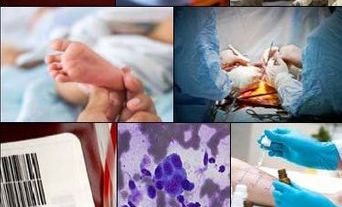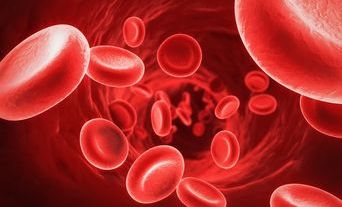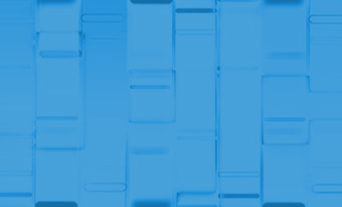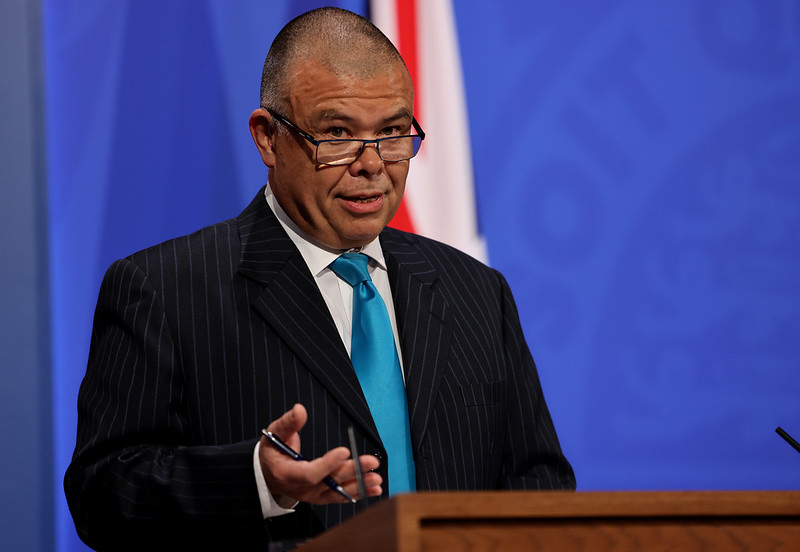
Academic and professional background
I was educated at Boston Grammar School and scraped into medical school at the University of Nottingham in 1982 with grades AADE rather than the required BBB. I felt initially very lucky and slightly unworthy to be there but graduated uneventfully in 1987. Junior clinical posts followed in emergency medicine, anaesthesia, general medicine and infectious diseases, until I entered academic public health training in 1991, with a Certificate of Completion of Specialist Training (CCST) in 1997.
Thereafter, I was a clinical senior lecturer in public health and a consultant epidemiologist for the Public Health Laboratory Service (PHLS) until 2000. Posts in the UK pharmaceutical and vaccine industries then followed, which then culminated in my appointment as UK Medical Director for Aventis-Pasteur MSD. I rejoined the public sector in 2004 as a consultant epidemiologist at the Health Protection Agency (HPA) in Colindale, while also acting as the Head of the Pandemic Influenza Office.
Following this, I returned to Nottingham to become Professor of Health Protection in 2007. I remained there for a decade until I was seconded to the Department of Health and Social Care in 2017 as Deputy Chief Medical Officer, England. I stepped down from this role in March 2022 and have returned to the University of Nottingham as Pro Vice-Chancellor for the Faculty of Medicine and Health Sciences. This title conceals the fact that I have responsibilities across four Schools: Medicine, Health Sciences, Life Sciences, and Veterinary Medicine and Science.
I'm one of very few doctors who can claim such a varied career ... Working with Sir Chris Whitty during the SARS-CoV-2 pandemic was a huge privilege and inspiration.
Main highlights and achievements
My varied career
I think my biggest achievement is that I have been lucky enough to work in so many different organisations and workplace cultures. My career has taken me to the NHS three times – as a junior doctor, a COVID-19 vaccinator and now as a non-executive director for the NHS Lincolnshire Integrated Care Board. I have worked at three versions of a national public health authority – PHLS, HPA and Public Health England. I have also returned to the University of Nottingham in three distinct roles since my time as a student. It has been a great highlight to have worked at the World Health Organization (as a consultant and Head of a WHO Collaborating Centre on Pandemic Influenza, 2010–2017), three pharmaceutical companies and the UK government.
I’ve travelled to more countries with work than I could name, but Turkmenistan is the most unique. I’m one of very few doctors who can claim such a varied career. I just love working at professional interfaces – I’m basically a translator and communicator.
Along the way I’ve had some interesting side jobs too. I was a medical officer for Lincolnshire Army Cadet Force for 12 years and was a doctor at Donnington Park and Holme Pierrepont race venues. I was very lucky to have completed some of my academic public health training alongside Dr Tedros Adhanom Ghebreyesus, Director General of the World Health Organization. Working with Sir Chris Whitty during the SARS-CoV-2 pandemic was a huge privilege and inspiration. My biggest mentors will always be Karl Nicholson and Richard Madeley – Karl for research; Richard for public health and political savviness.
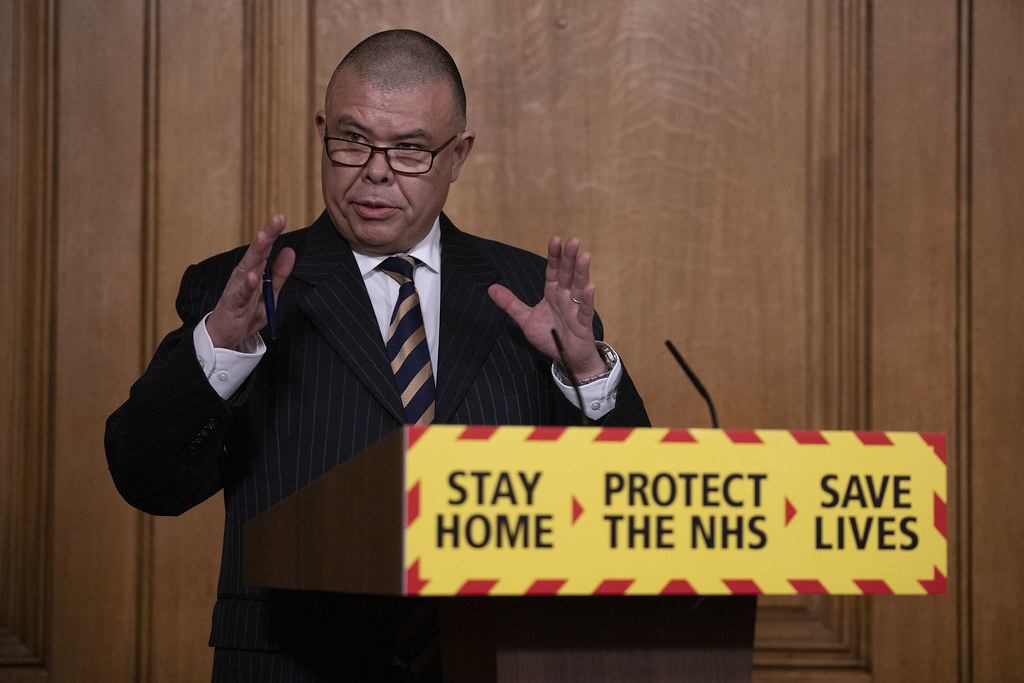
My greatest achievements
My top achievements? I don’t really know what to say. By and large, I’ve just turned up and tried to do each job to the very best of my ability, based on what the tasks were at the time – some were obviously quite big.
I’ve had a fairly solid research career. My two biggest career regrets are not having had time for more regular clinical work since 2000 and not joining the French Army in 1982, to complete my national service before medical school.
In the pathology space, the achievement highlights have to be being part of teams that have performed the world’s largest and world’s first human challenge studies of influenza and SARSCoV-2 respectively and my work with the UK Vaccines Task Force (VTF). I genuinely believe the VTF and NHS COVID-19 vaccination programme have together saved tens of thousands of British lives in the last 18 months.
My military MBE in 1998 was pretty special. Being awarded The Harveian Oration (Royal College of Physicians) in 2021 was a huge honour and accolade. As were the awards of the Attenborough Lecture and medal (Royal Society) and the Thomas Francis Jr Memorial Lecture and medal (Michigan School of Public Health), which I received this year. Receiving a Knighthood in 2022 is obviously the biggest highlight of all. But, helping younger doctors and scientists with their leadership development and career progression is what really gives me a buzz, more than all the glitz. What I hope for more than anything else is that I can get to the end of my career and others will be able to say: ‘he made a real difference’.
I think the SARS-CoV-2 pandemic has helped us see a future where diagnostics for infectious diseases will be more important than ever before.
Future challenges for pathology
I’m not a proper pathologist, but a Fellow of the College by publication, so the future of pathology is hard for me to predict. However, obviously, as AI and automation rightfully become of increasing importance in the specialty, pathologists will have to adapt. I think the SARS-CoV-2 pandemic has helped us see a future where diagnostics for infectious diseases will be more important than ever before.
Maintaining work–life balance
First, take the time to find a job that’s right for you or, even better, a job that you really enjoy. Then, find hobbies that you enjoy even more – try to make one of them something involving physical exertion. Finally, remember your roots, who you are ultimately here to serve, and stay grounded.


